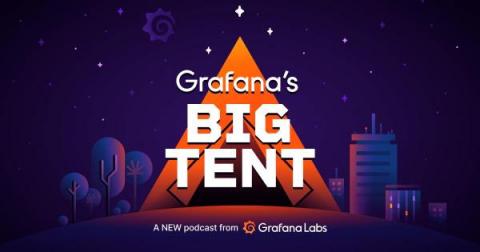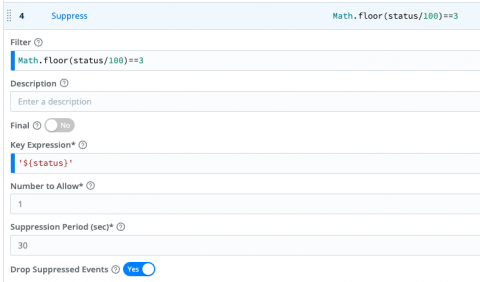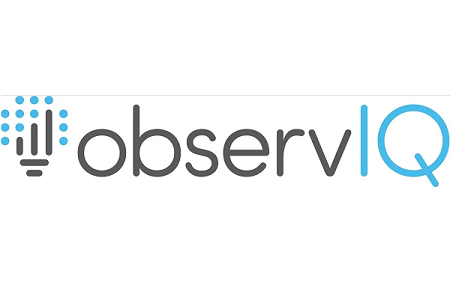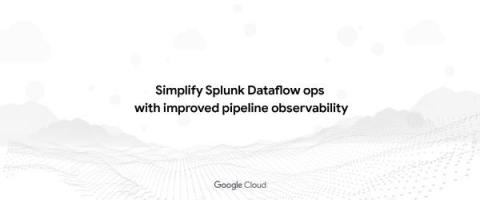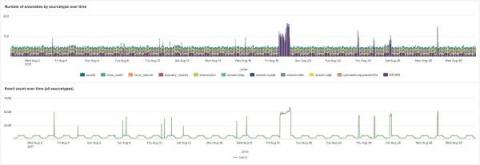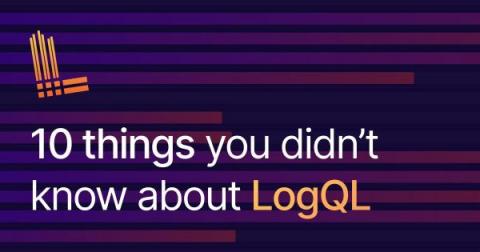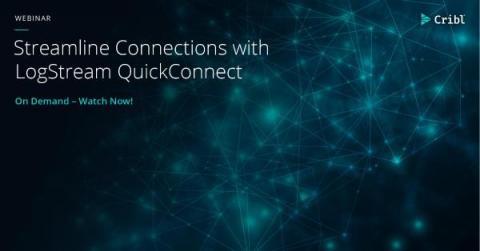All things logs: best practices for logging and Grafana Loki
What’s the saddest log line in the multiverse? A log line without context. That’s according to Grafana Labs software engineer and Grafana Loki tech lead Ed Welch, who joined Grafana Labs VP of Culture Matt Toback and Engineering Director Mat Ryer for the latest episode of “Grafana’s Big Tent," our new podcast about people, community, tech, and tools around observability.


